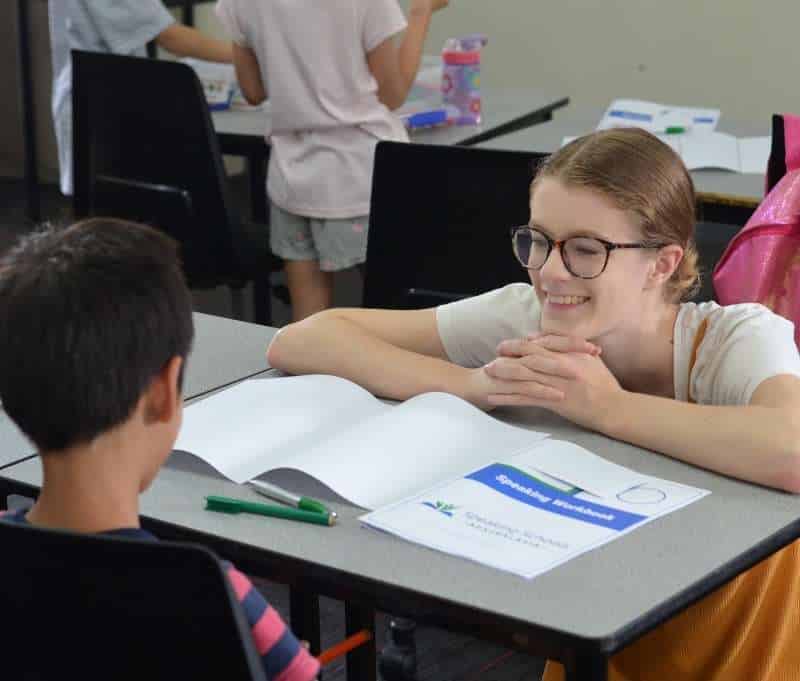The relationship between encouragement & confidence
20 April 2023
In this blog, we’re going to look at two ways we can help build self-confidence in kids – encouragement and compliments – and how we can use these to tame our inner monologues and build confidence.
Whilst we often group encouragement and compliments in the same category, it is important to remember that they are different and both important in their own ways. Let’s look at each below.
Encouraging for the Future
Encouragement refers to words of affirmation which confirm your belief that others can (and likely will) succeed. ‘You’ve got this’, or ‘I believe in you’ are both great examples. This encouragement helps others – and especially children – overcome their inner monologue’s fears, and give things a real go.
Over time, they begin to internalise this belief – ‘Mum and Dad believe in me, so I don’t think that I’ll fail’ – changing the way they interact with their inner monologue, and becoming more self-confident as a result.
That said, it is important to not let this go too far – it’s a balancing act. Whilst it is important for a child to believe that they can achieve nearly anything they set their mind to, it is important to keep those goals realistic. Encourage them to take steps to become an astronaut, but don’t promise them they’ll be on the moon next summer.
If expectations aren’t managed, and goals aren’t adaptable, disappointments can lead to significant drops in self-confidence.
Complimenting for the Past
Compliments are different. They refer to words of affirmation which come after someone has already achieved success – they show that you also define what they have achieved as a victory. Phrases such as ‘great job’ or ‘well done’ are common examples.
There are two important things to remember when giving compliments.
First, make sure that your child has actually put in effort to achieve the goal. If they have freeloaded to get there, and they know you view it as a success, they are likely to put in less effort next time.
Second, give compliments readily, even if they don’t achieve their own goals. Compliments should be used as positive reinforcement for subjective effort, rather than solely when they reach objective goals – for some children, just standing up in front of an audience and mumbling a few sentences is a huge achievement deserving of plenty of compliments, even if the next (potentially more naturally talented) speaker gives an objectively great five minute speech.
Kids should be pushed to succeed, but every milestone – no matter how small – should still be recognised.
How we can help
At SSA, we know confidence is everything when it comes to public speaking and beyond! Want your child to feel more confident? Have a look at our programs to see how our programs encourage kids to take on the world!



